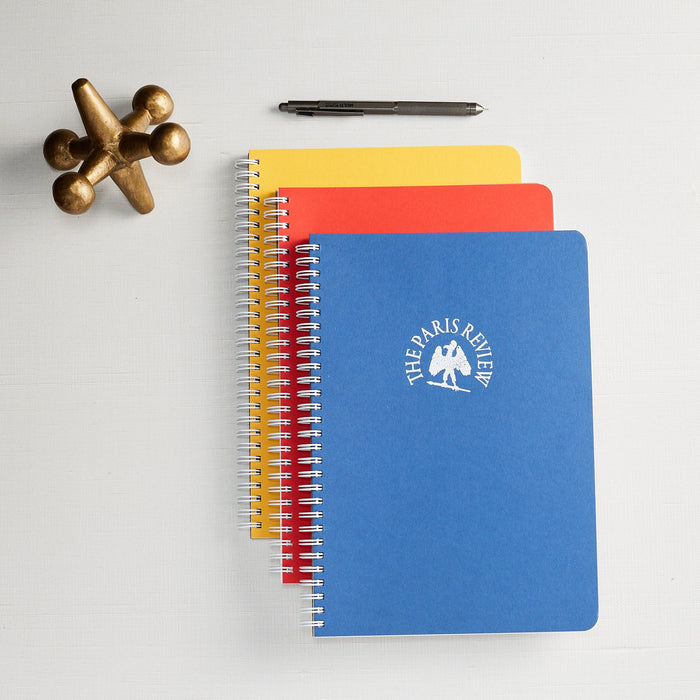Establishing a Personal Online Knowledge Management System
A formal personal online knowledge management system strategy involves gathering information and storing it for easy retrieval when needed. By developing a set of processes to store, search and share what you learn through daily activities, you can become more productive. In addition, being responsible for your growth and learning provides many benefits, leading to career advancement, personal pride, and higher achievement levels overall.
When you discover new ideas, storing them in an organized manner allows you to connect them and blend them into novel approaches later. Setting aside time each day to collect, curate, and consolidate, you can quickly build a useful repository. You don't need any special tools; the notes application on your mobile phone may suffice. You just want to note random thoughts and organize checklists, visuals, links, and other data you generate or find throughout a regular day. Here's how to do it:
-
Collecting - You may take handwritten notes at meetings while traveling or away from your desk. Taking a photo of your handwritten pages and adding them to your note application allows you to save them digitally. Do the same for doodles or screenshots of things you want to remember later, such as notes in the margins of magazines or books.
-
Curating - Next, you can transcribe or trash your various notes during the curation process. Do this every week or so. Curation means you index, catalog, and review. This approach lets you connect random bits of information that you have assimilated over the past few days. Your goal is to digest the information and meditate on it in the context of other pieces of data you've assembled. Curating content enables you to assign value to the information you have or delete if it turns out to be unnecessary.
-
Consolidating - Finally, combine information into notes and name appropriately so you can search for it later. Setting up folders and sub-folders can further allow you to categorize your accumulating knowledge. You may want to use a mind-mapping concept to draw out a visual representation of your organization method. When you store your information online, it becomes accessible from anywhere, from any device with an Internet connection.
When you locate new information, ask yourself if you can learn from it and if it complements the content you already have. When you find updated or duplicated information, consider discarding previous versions. You don't want to be confused later about fundamental data points. Following these strategies, you can build a personal knowledge system that allows you to respond more quickly to inquiries, make better connections, and produce more accurate work. Be sure to regularly prune your information set to make sure your system makes sense in your current environment.
An excellent personal knowledge management system can mean the difference between success and failure in everything you do.




Leave a comment